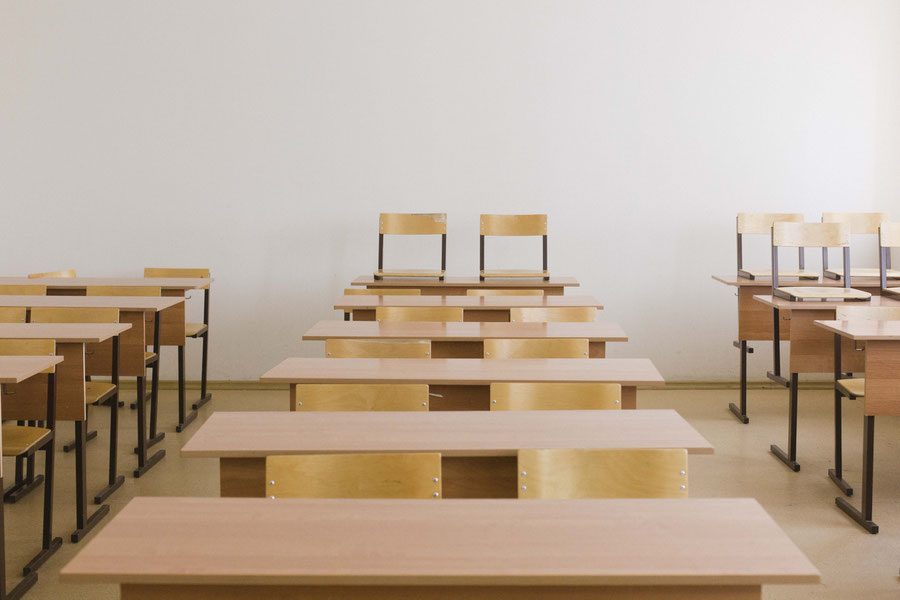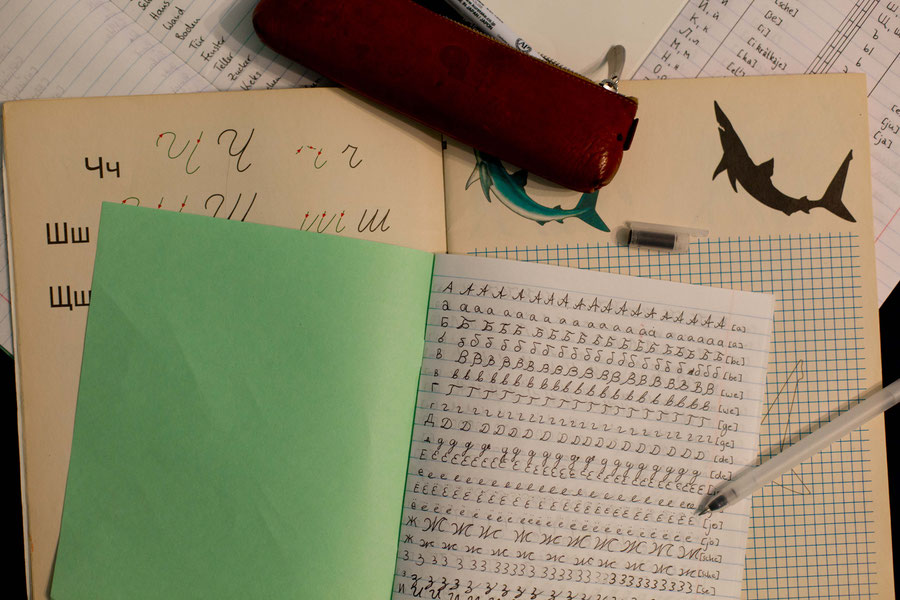Sometimes I feel like I can't do anything, not really, not down to the last detail. Perfection escapes me. Although objectively, I know how to do a lot of things quite well. I need to remind myself of what I am capable of, here, in Russia. I am reminded daily, hourly, of what I don't know. Often it feels like I can't do anything because even the things that I know about, I can't practice outside of my person. I am once again a beginner. For me, this situation is a source of joy and horror.
I love to approach topics without any prior knowledge. I am delighted by the never-before-seen details and trifles that make the subject infinitely more interesting and complex than books could ever capture. Language and culture appear in a new light every other moment. I am glad when my thoughts and expectations are broken. It's the kind of learning that is easy for me and is saved in my memory forever. It's the joyful part of my situation. The horror is learning. Learning has caused me pain, mentally and physically. As a child, I thought that was normal. I thought life simply was like that and other people were just better in handling it. Since then I've grown up and am doing predominantly what I want. And since I always want to learn something, I deal with these emotions more concretely. I have always reacted strongly against goals imposed on me from the outside. I feel a sense of relentless anger when someone else tries to push me around. My learning goals rarely have something in common with the goals of my teachers. Often teachers stand in my way because they have some preconceived way of doing this that is incompatible with me. I hated few people as passionately as my teachers. The older I am and the freer I can learn new things, I realise that this feeling has little to do with my teachers, their abilities or their personalities. I'm a person who doesn't need a school to learn. I always want to discover something new and investigate new skills. The struggle is the same, if I learn languages or sports. On my first hill snowboarding, I felt as bad as when I began to form foreign syllables. Lost in the unknown. Some people thrive on guidance and close-knit supervision stile learning. For me, although a guide is often helpful, the ability to do something new is achieved only by being self-sufficient and recognising my mistakes. Everything else is vastly a vaste of my time. It frustrates me, and with that, I better cope on my own. I need breaks when the frustration gets too much and power through when I think there is value in that. It's a fragile balance.
So now I'm learning Russian. In a concrete way, I learn a new alphabet, to spell, to write, vocabulary and grammar. So far, I only had to learn vocabulary and grammar when learning languages, and that didn't always work smoothly. As soon as I understand the grammar enough to make myself understood, I forget it. To decipher the words, their meaning and remember the way they are written, I am spending countless hours filling endless pages in turquoise workbooks with Cyrillic words. I have to check myself again and again because (and this is by no means the only example) the M [m] looks like u as well as the и [i]. The error frequency that I had thought to have conquered in the block letters was multiplied exponentially by the written ones. The strange hissing sounds are difficult to pronounce, and my hands are cramped from writing the unfamiliar and yet often similar letters. If you make me learn anything by heart or make me repeat words and sentences for hours, I won't remember them. I need time to feel and explore the different sounds, and then I never forget them. Learning isn't about loading and emptying knowledge. That way everything comes in one way and goes out the other. Only when I have time to chew, to taste and to swallow, I can process what I've learned. I realise that children have the hardest work of all of us. And I don't believe that learning is more difficult for adults. The adults only have the maturity and the vocabulary to articulate their pain and their difficulties. I wish I could have said this at the age of six, so I would not be a (well hidden) mathematical illiterate now and would have a less pronounced dyscalculia.
People often told me that I have a talent for languages, that it was easier for me somehow. I don't think this is true. No matter what you learn, it's always hard. And then again, everyone can learn anything by finding their way. You just have to remember that walking new paths is never easy, but always worth it and you always set out as a beginner.



Write a comment